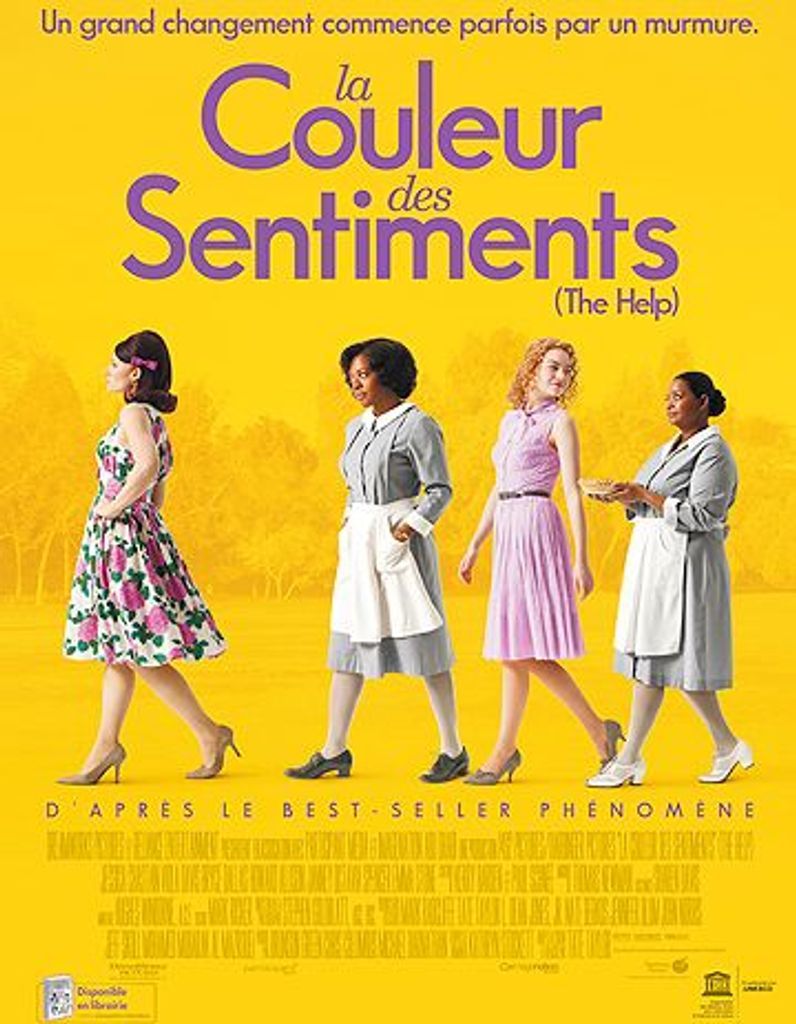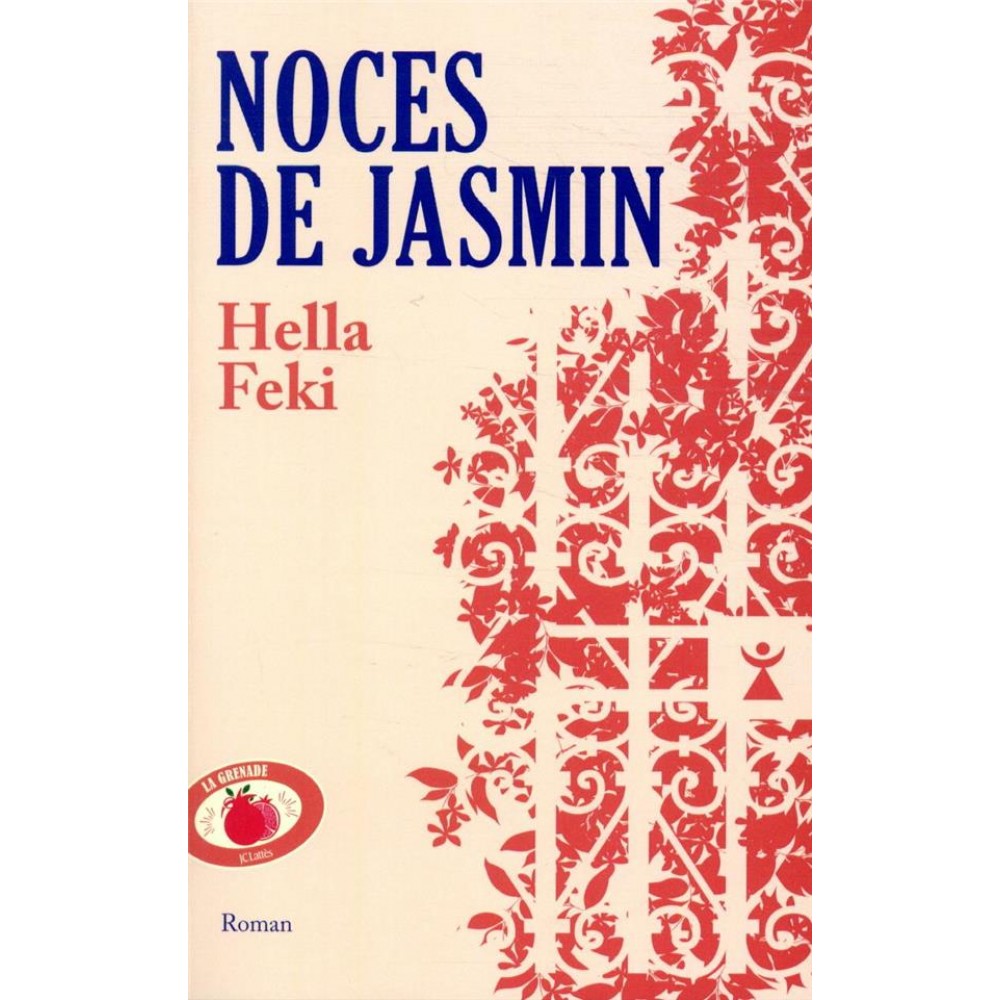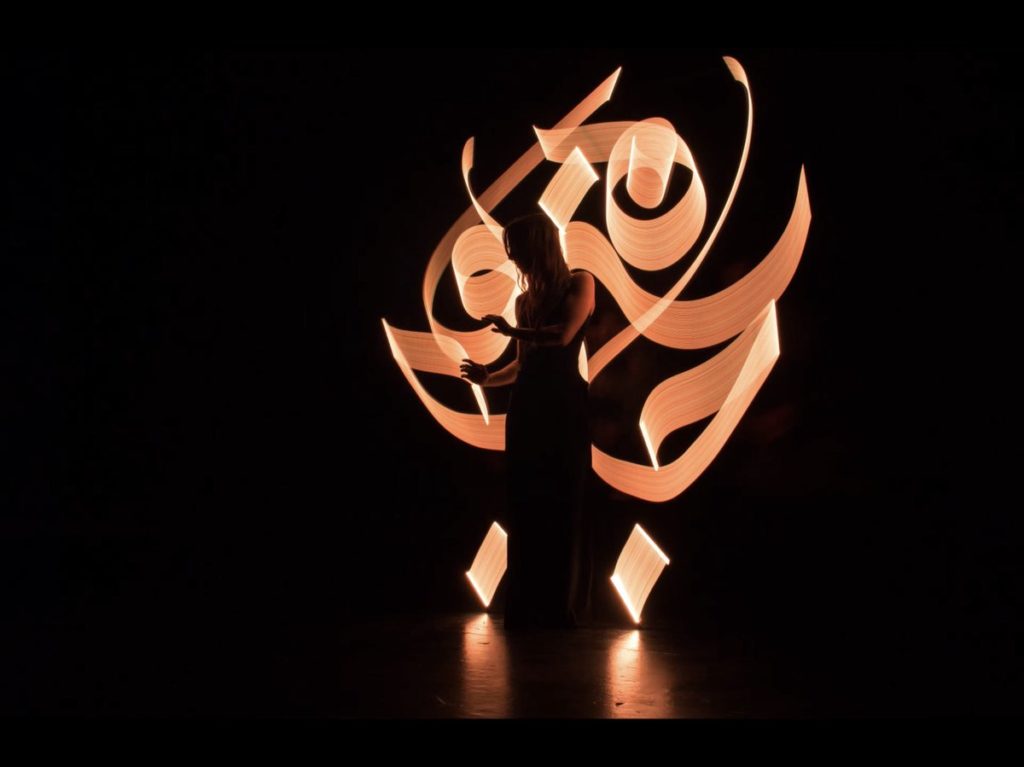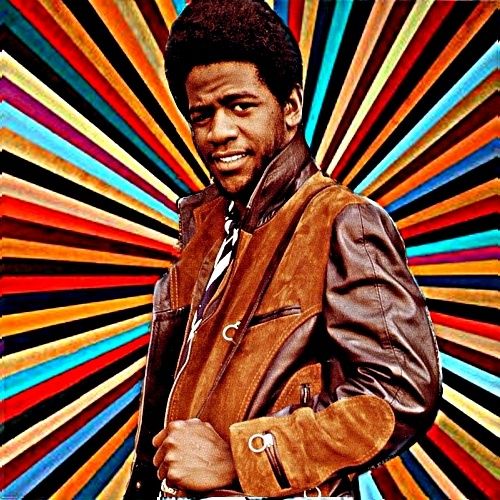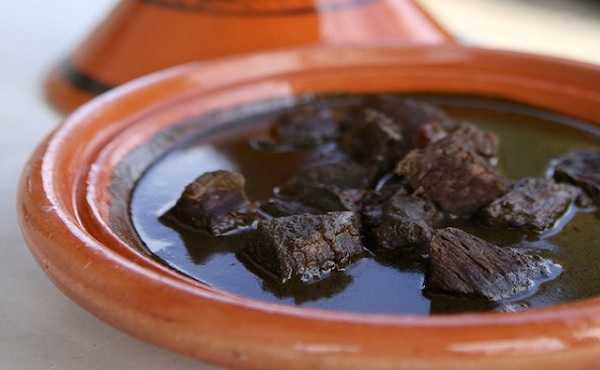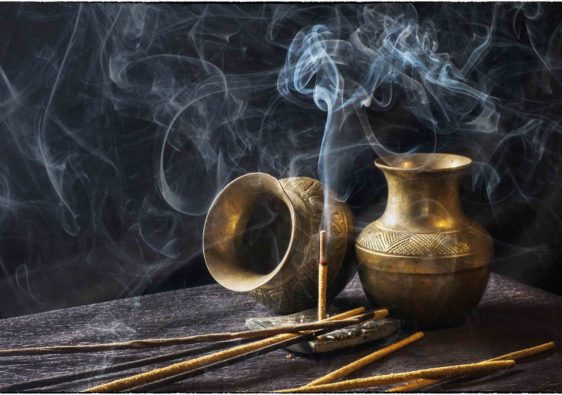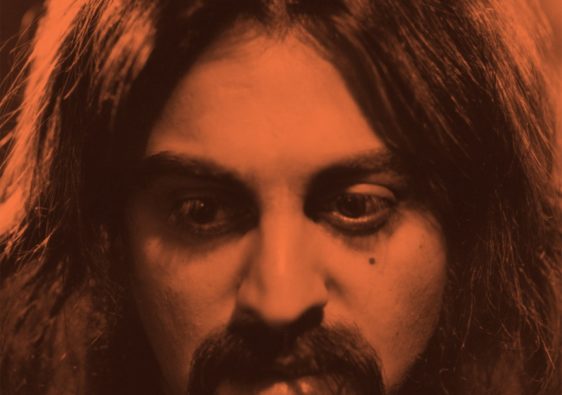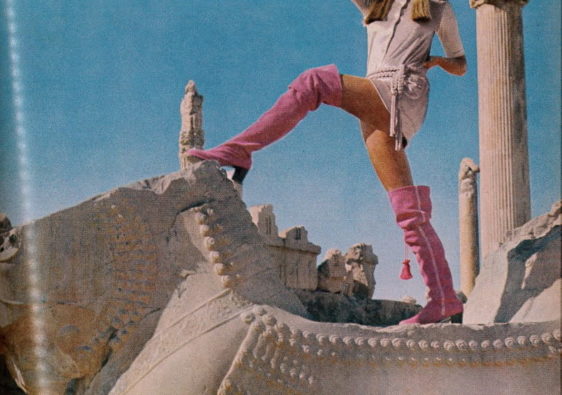This autumn, the young Tunisian designer Camélia Barbachi reveals her first collection for her brand Chez Nous. Inspired by the island of Djerba in Tunisia, she highlights the Blouza Djerba, a revisited traditional garment, fluid and elegant, halfway between the djellaba and the shirt.
Designed with an ethical and conscious approach, Chez Nous. is a non-gendered brand, which celebrates the plurality of bodies and through which everyone can identify.
Meet a young and committed artist who draws her inspiration from her Tunisian heritage !
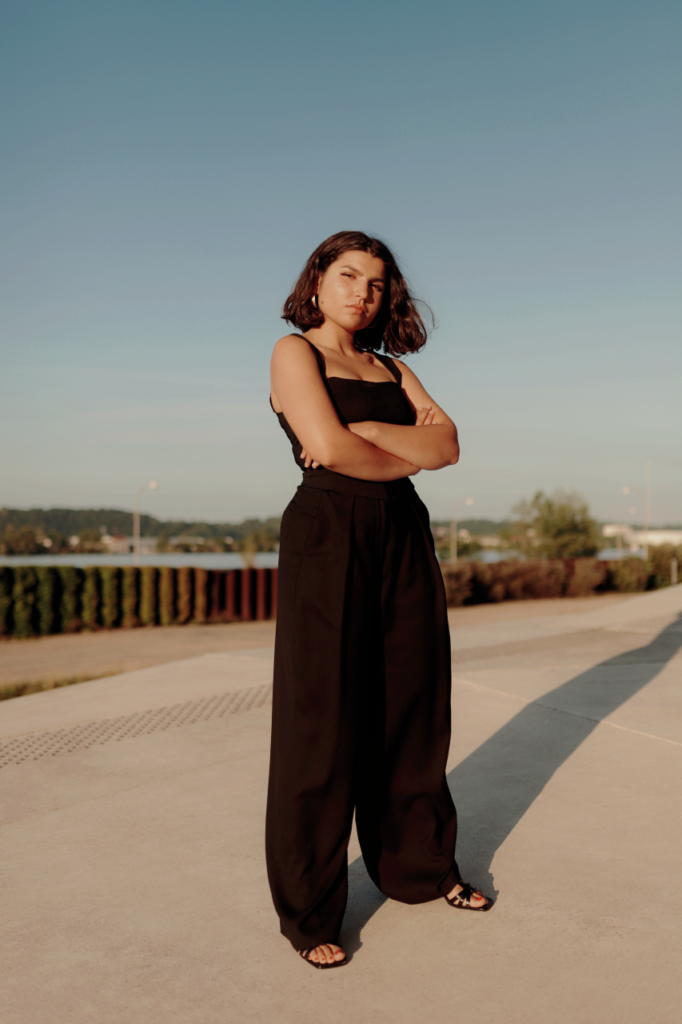
• Hi Camélia ! First of all, tell us about your background !
Hello ! My name is Camelia, I was born in Roubaix in the North of France and I am of Tunisian origin. I started my higher education with a Bachelor’s degree in International Business and then I pursued an MBA between the Netherlands and England. I wrote my MBA thesis on ethical fashion awareness, and at the same time I worked at the Asics Group headquarters in Amsterdam in the Product Department.
I always wanted to start my own clothing brand and after spending more than 6 months studying the negative consequences of fast-fashion, it clicked ! That’s how I decided to found Chez Nous. over a year ago.
• Why is your brand called « Chez nous. » ?
The « chez nous là-bas » [« at home over there« ] is the nickname given to bi-nationals in Tunisia.
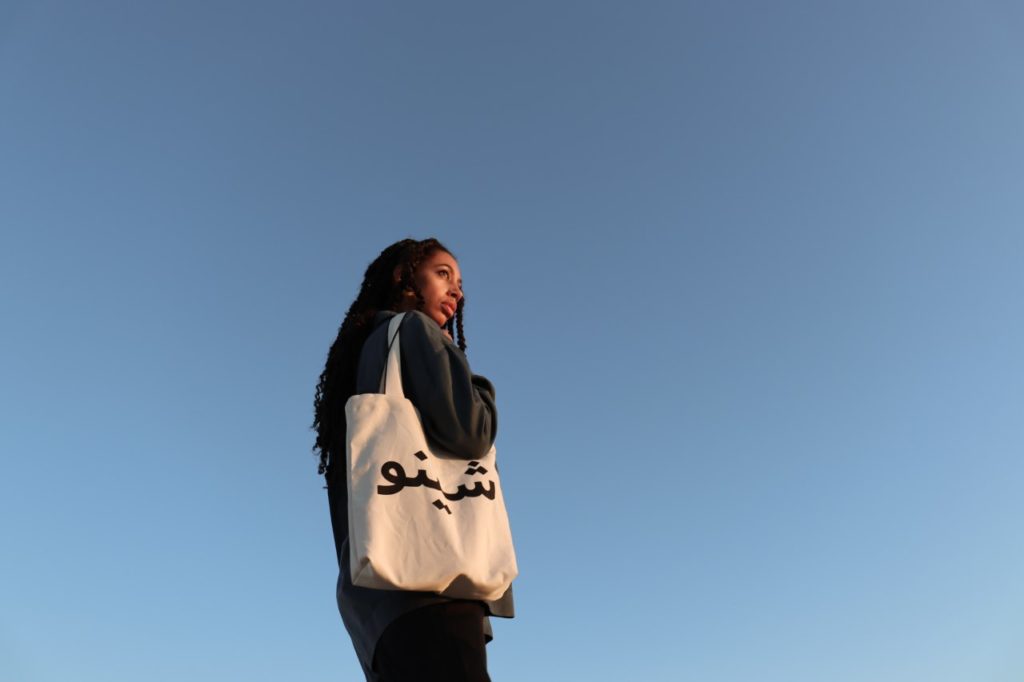
When we go on holiday to our country of origin, we refer to France by saying « chez nous là-bas« . I thought this expression illustrated the feeling you can have when you have a double culture and I wanted to celebrate this plurality. « Chez Nous. » also reflects the inclusive nature of the brand. I think there’s something unifying about the fact that different people can refer to the same thing as « Chez Nous ».
• You are releasing your first collection in October. What were your main inspirations ?
For this first collection, I was mainly inspired by the way of life on the island of Djerba, where my maternal grandparents come from. The main piece of the collection is directly inspired by the traditional island clothing worn by men. I have always found this garment interesting because it is halfway between the djellaba and the shirt. So I wanted to keep this combination of comfort and elegance to make a non-gendered overshirt that fits into a more urban universe.
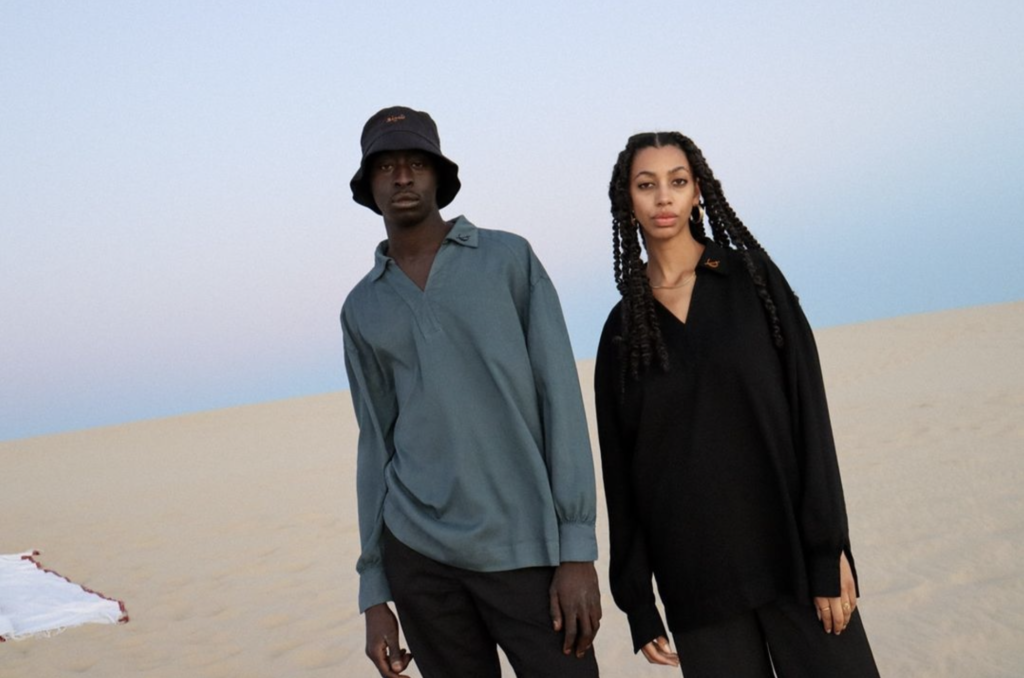
• What process did you go through in choosing the cuts of your clothes ?
During my creative process, I really wanted to mix various references. I wanted to retranscribe the notions of comfort and elegance found in traditional Tunisian clothing while offering something very contemporary. So in this collection, we find oversized and structured silhouettes at the same time.
• Inclusiveness seems to be at the heart of your initiative. Can you tell us more about it ? What values do you want to convey through your brand and your clothes ?
Indeed, it was important for me to highlight minorities, which are often invisibilised in the fashion industry. As a person with an immigrant background, I have never really felt represented so I wanted to create a change in that sense.
Similarly, I designed the clothes to fit all body types : sizes range from XXS to XXXL.
My desire, through these initiatives, is to propose an offer that everyone can identify with.
• Your creations are also non-gendered. Why this approach ?
It was a very natural choice for me, I just don’t see why some clothes would have gender restrictions when they could be suitable for most people. I must admit that we had to invest many weeks on the modelling of the different pieces but it is a choice that I fully assume.
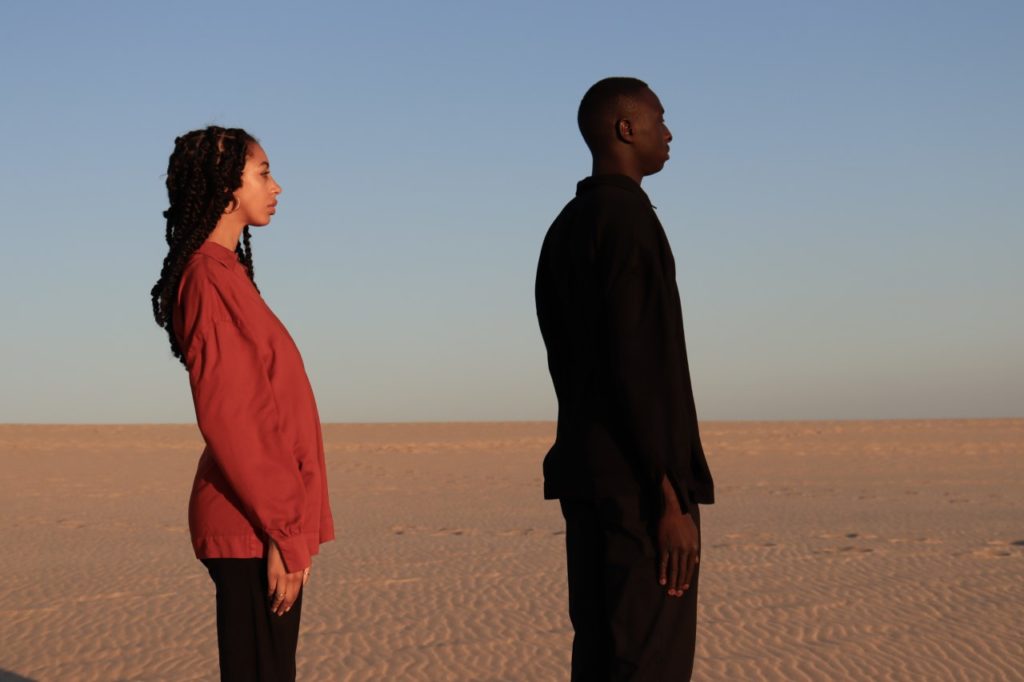
• Where and how are the pieces in your collection made ?
Chez Nous. pieces are created between the North of France and Tunisia.
In France, I collaborate with a zero waste knitting workshop in Roubaix (where I was born) as well as a professional integration workshop in Lesquin. The workshop enables people who are part of the integration system (long-term unemployed, recipients of minimum social benefits, people with no resources, school dropouts, senior citizens with retraining difficulties, etc.) to find their place in society by returning to work under real market conditions.
In Tunisia, I work with a GOTS certified workshop (the strictest certification in the industry) located in Ksar Hellal. The certification guarantees fair working conditions and wages, but also respect for the environment through virtuous practices.
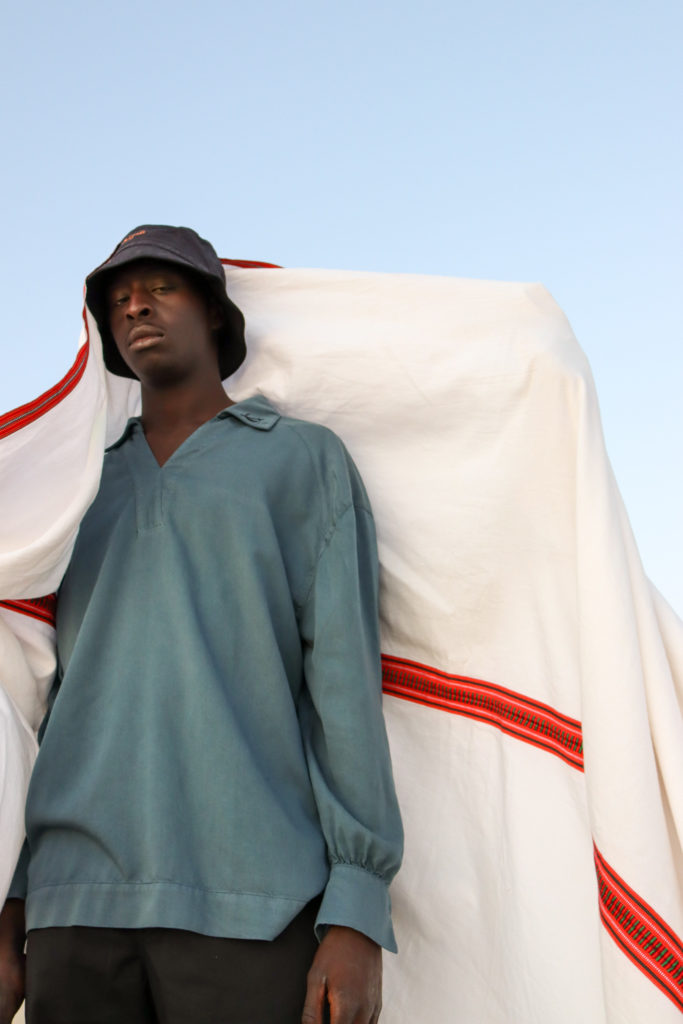
• A favourite piece in your collection ?
Obviously, I love them all but the Blouza Djerba has really become my must-have, it lends itself to all occasions!
• IN THE SPIRIT OF CAMÉLIA BARBACHI •
Inspiring works, ideas and words
A movie ? Tate Taylor, The Help
A book ? Hella Feki, Jasmin Wedding
A painting – an artist ? Karim Jabbari
A song ? Al Green, Let’s Stay Together
A dish ? Mloukhya
A word ? Eclectic
A place ? My grandparents’ yard in Djerba
An instrument ? Voice
To follow Camélia and her brand Chez Nous. :

